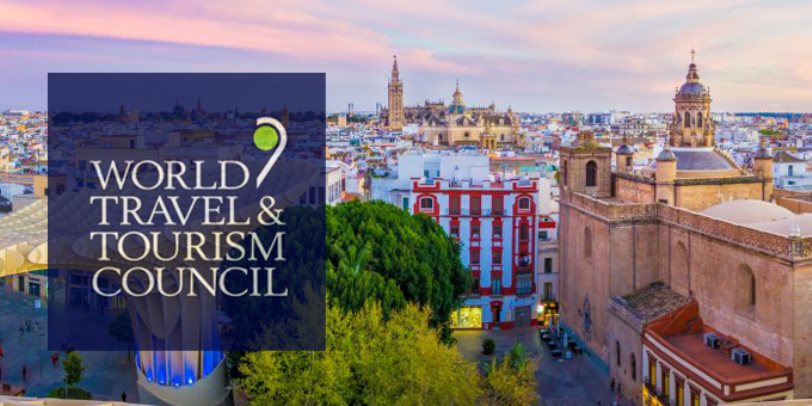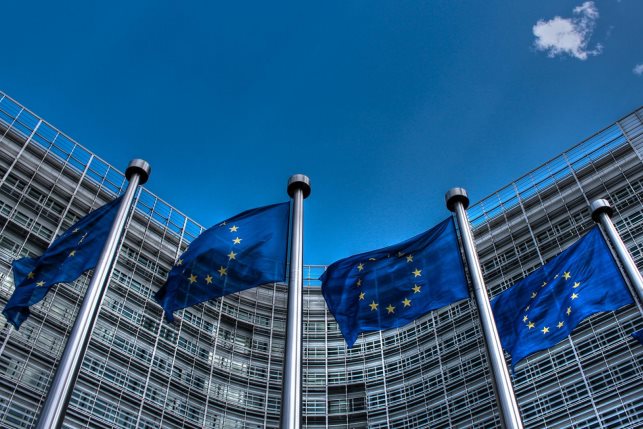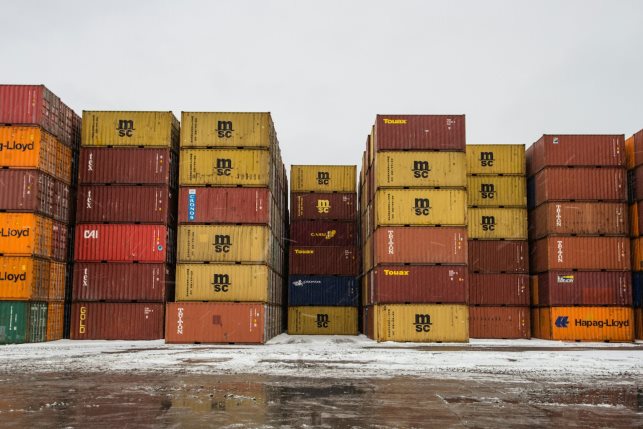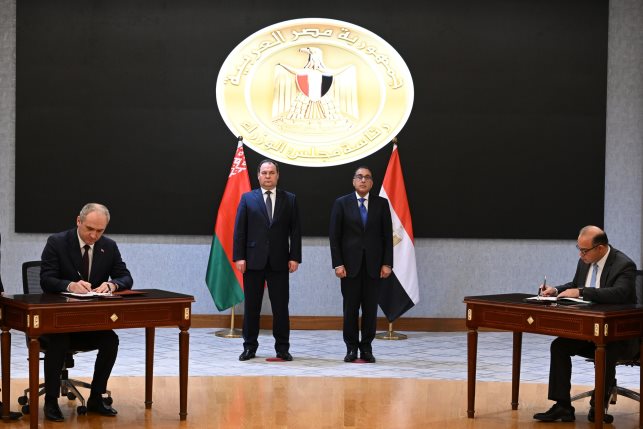Focus on high-risk individual travelers, not high-risk countries: World Travel Council
The World Travel and Tourism Council is advising that governments shift their attention from countries to individual travelers to revive international tourism

The World Travel and Tourism Council (WTTC) is asking governments to reconsider their approach to risk assessment, abandon the idea of “high-risk countries” and focus on how individual ‘high-risk travelers’ are treated at their borders.
WTTC is advising that governments shift their attention from whole countries to individual travelers to revive international tourism, both business and leisure, in light of the pandemic’s effects on the industry worldwide.
The WTTC represents the global travel and tourism private sector.
Gloria Guevara, WTTC President and CEO, said, “Risk based on entire countries is neither effective nor productive. Redefining risk towards individual travelers instead will be key for unlocking the door to the return of safe international travel.”
It should be combined with a common international consensus on the metrics used to assess risk and a laser-like focus on a cost-effective, comprehensive, and rapid departure and arrival testing scheme for all travelers. Together, this could pave the way forward for the meaningful return of travel.
It would also ensure only those who have tested positive for COVID-19, or come into contact with someone who has the virus, are forced to isolate. Meanwhile, travelers who test negative can continue to enjoy safe travels through observing hygiene protocols and wearing face masks.
“We need to learn from past experiences and crises such as 9/11, and we cannot continue labelling entire countries as ‘high-risk’, which assumes everyone is infected [with COVID-19], she added, “While the UK is currently seeing high levels of infections, clearly not all Britons are infected,” the same goes for all Americans, Spaniards, or the French.”
Guevara noted that the reality is much more complex, as not only does it stigmatize an entire nation, but it also halts travel and mobility. This is particularly relevant to people who test negative on departure and arrival, and could safely travel without exporting the virus.
“We have to recognize this reality and redefine the risk to focus on ‘high-risk’ individuals,” she noted, “We firmly believe implementing a comprehensive testing regime and the use of technology is the only practical way to restore international travel securely.”
The consistent use of a comprehensive testing program would also be less expensive than the economic cost brought on by blanket quarantines and lockdowns.
“We must learn to live with the virus, as it will take time for the global population to be vaccinated,” Guevara noted, “This is why WTTC has long advocated introducing a comprehensive and cost-effective test on departure and arrival for all international travellers, as a way of preventing those carrying the virus from spreading it.”
She added that there is a crucial balance to be struck between the priority on public health with the need to sustain economic activity. As well ensuring people are safe and healthy, there is a need to secure the health of the global economy, and revive the 174 million travel and tourism jobs affected by the pandemic.
According to the WTTC’s 2019 Economic Impact Report, travel and tourism contributed $8.9trn, or 10.3 percent, towards the world’s GDP. It accounted for one in 10 global jobs, giving employment to 330 million people through the travel and tourism sector.





